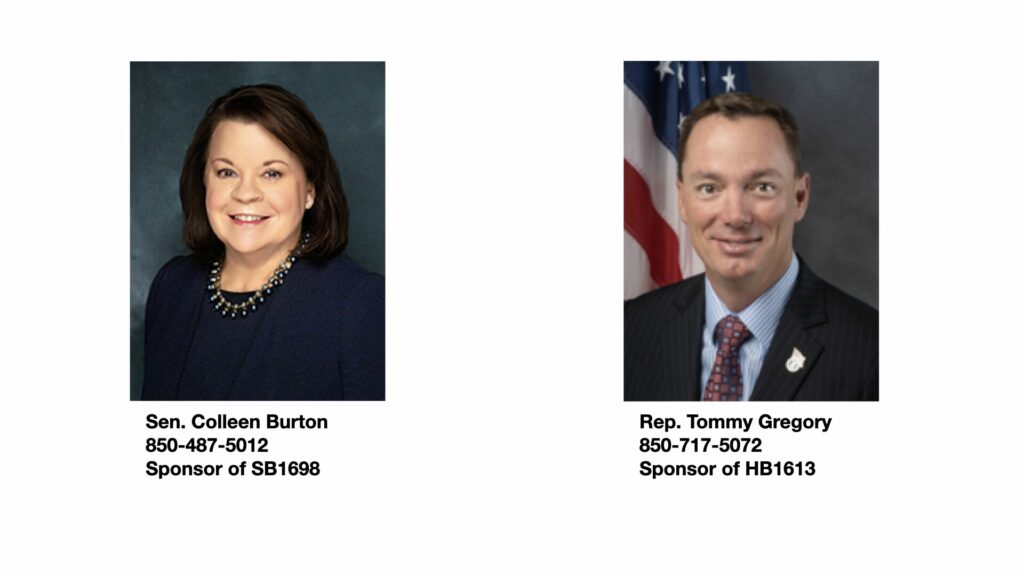In the heart of Florida’s legislative chambers, a contentious debate unfolds over Senate Bill 1698 (SB1698) and House Bill 1613 (HB1613), legislation aimed at regulating hemp products. Yet, beneath the surface of this legislative effort lies a complex web of influence and interests, with accusations from advocates that the bills are less about public safety and more about maintaining Florida’s canna monopoly.

Critics argue that these legislative measures, made to appear to be designed to create a safer and more regulated hemp market, may instead serve the interests of large cannabis corporations. Companies such as Trulieve, Curaleaf, and Muv have come under scrutiny, with allegations suggesting that their lobbying efforts are aimed at shaping the bills to eliminate competition and maintain their dominant position in the cannabis market. It’s claimed that by making the possession, manufacturing, and distribution of certain hemp products a felony, including THCA Flower and most Delta products, the bills would effectively sideline smaller enterprises (Mom and Pops) and destroy Florida’s 16 billion-dollar hemp industry, leaving the field clear for these cannabis behemoths to expand their monopoly.
This narrative is supported by public records, which list these companies among the lobbyists for HB1613, hinting at the depth of their involvement in the legislative process. The implications of such influence raise questions about the balance of power between large corporations and small businesses and the role of legislation in either fostering a competitive market or entrenching corporate monopolies.

The stakes are high, with the potential fallout extending beyond the immediate concerns of market dynamics to broader societal impacts. The creation of new felonies for hemp product offenses could lead to an increase in felony convictions, with significant consequences for those ensnared by the law, including voting disenfranchisement, employment difficulties, and restricted access to social services. This legislative approach has sparked a debate not only about the future of the hemp industry in Florida but also about the principles of justice, equity, and economic opportunity in the state.
As the debate rages on, the spotlight shines on the interplay between corporate interests and public policy, challenging lawmakers, advocates, and citizens to consider the implications of these bills for the hemp industry and the fabric of a free-market Florida. The unfolding drama in the Sunshine State offers a poignant reflection on the complexities of regulating emerging industries, the influence of corporate canna lobbying, and the quest for a fair and free market marketplace.

